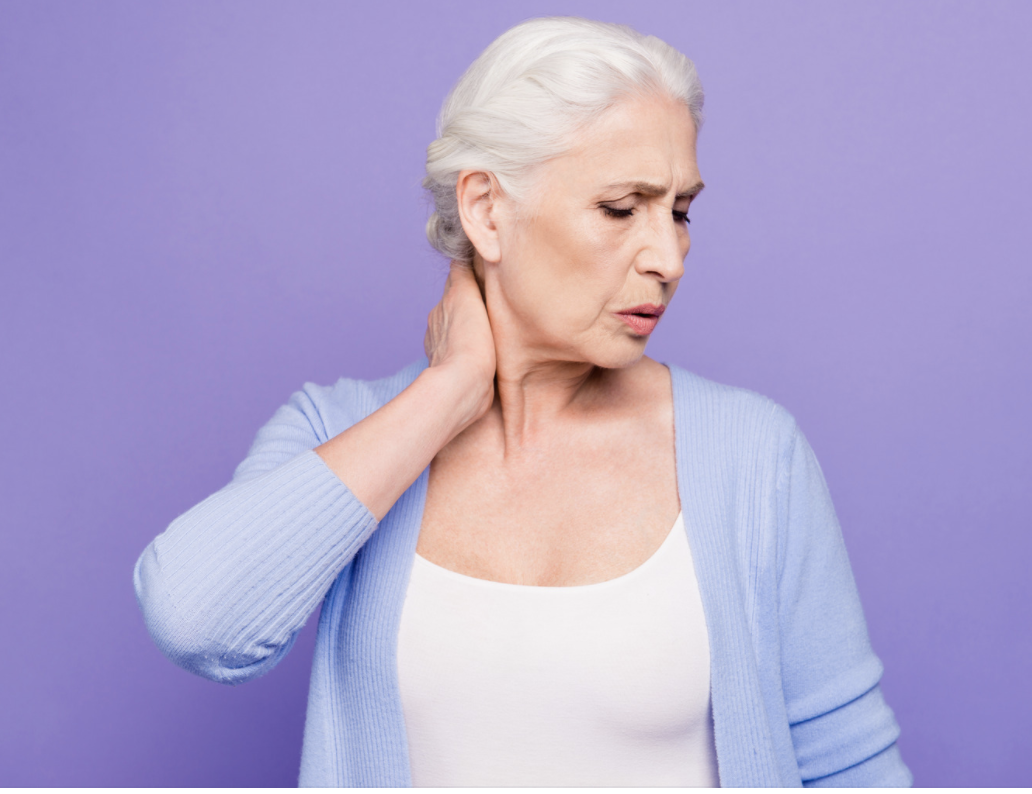Hair And Hide: Taking Care Of Your Hair And Scalp In Your Later Years
November 4, 2020

Given the state of the world, worrying about your hair may not be utmost on your mind. Yet for many of us, if we don’t look good we don’t feel good, and having “bad hair” is one of our primary visible sources of distress. We’ve certainly had our share of posts on agebuzz about everything from hair color to accessing hair salons during COVID, to the loss or thinning of your hair due to stress. Who knew that along with hair color there could be so many other considerations regarding our aging hair and head? For a beginning resource on hair (and nail) changes as we age, clean out your brush and click here.
The website Coveteur recently ran a post about the physiological changes that age your hair and scalp. Beyond the gray, they point you in the direction of changes in the curl patterns of your hair and hair follicles that produce less oil, leaving your scalp more dry and your hair more prone to becoming thin and “fly away.” Whether it’s due to thinning, drying, graying, or other texture changes, they recommend cutting back on the frequency and volume of washings and products, and employing shampoos made especially for gray hair. Over at Well and Good, dermatologist Dr. Loretta Ciraldo, practicing for over 40 years, implores you to focus on prevention rather than correction when it comes to hair. Her advice? If your scalp is feeling irritated, you need to cut back on shampoo and coloring because an inflamed scalp can lead to less hair growth and the potential for more hair to fall out. And to calm that scalp inflammation, she advises a dab of hydrocortisone cream.
As it turns out, your scalp plays a major role in the health of your hair. A flaky scalp can come from dandruff but can also be caused by oxidative stress, which can lead to damaged hair follicles so that your hair can be damaged even before it emerges from your scalp. It seems that zinc can be an important ingredient in fighting this oxidative stress and can help improve the quality of your hair and the feel of your scalp. One other recommendation for fighting scalp inflammation? Avoid high heat and products not specifically intended for use on your scalp.
If the advice for healthier aging hair seems to point in the direction of less is more, that’s because so many of the available hair shampoos, conditioners, and coloring options have harsh and abrasive chemicals that can do a number on aging scalps and graying hair. The good news? A recent research study out of Northwestern University found a natural alternative to the toxic chemicals that so many salons and at-home products employ. For more on the potential for accessing great hair color dyes without the health risks, towel dry your hair and click here.







